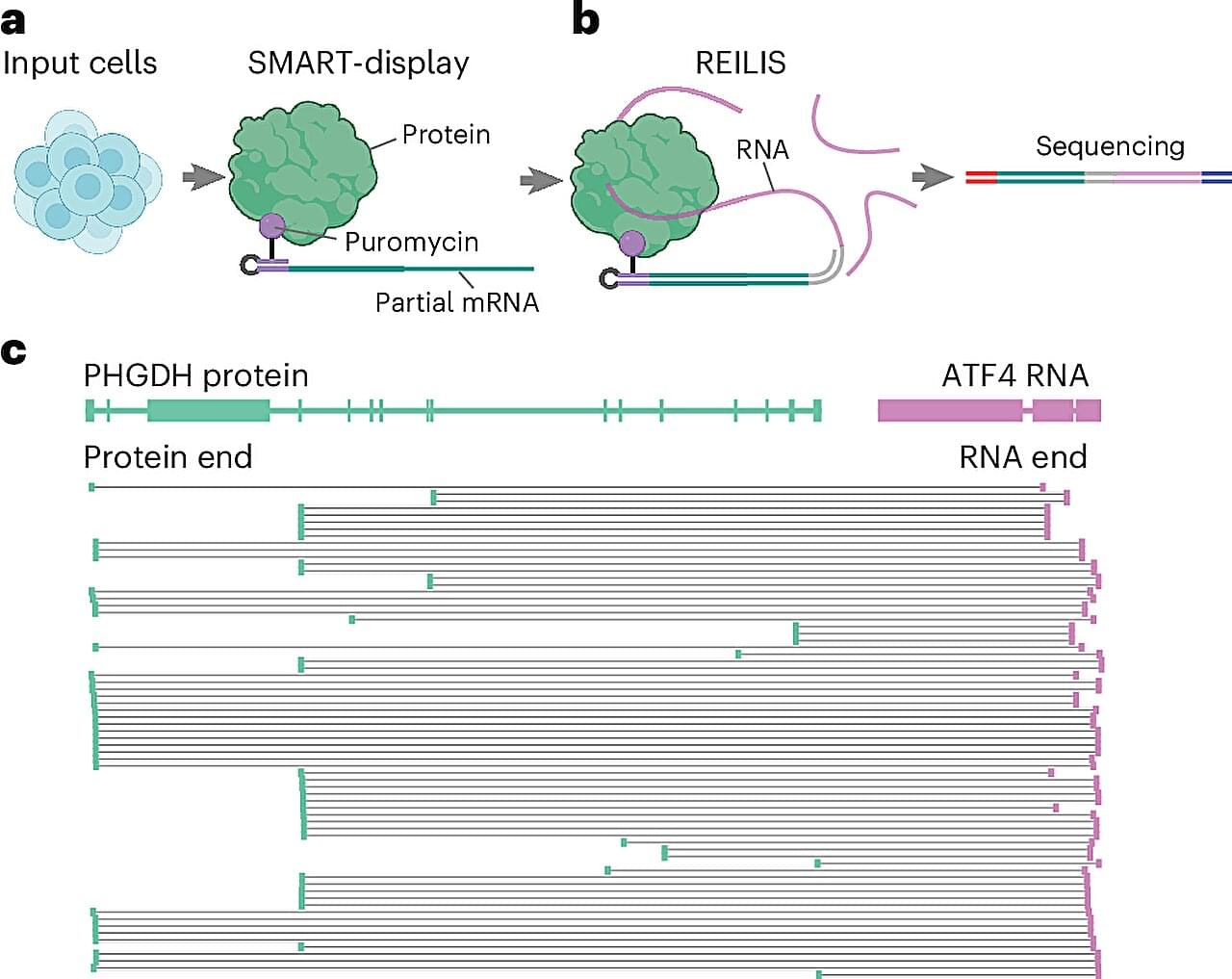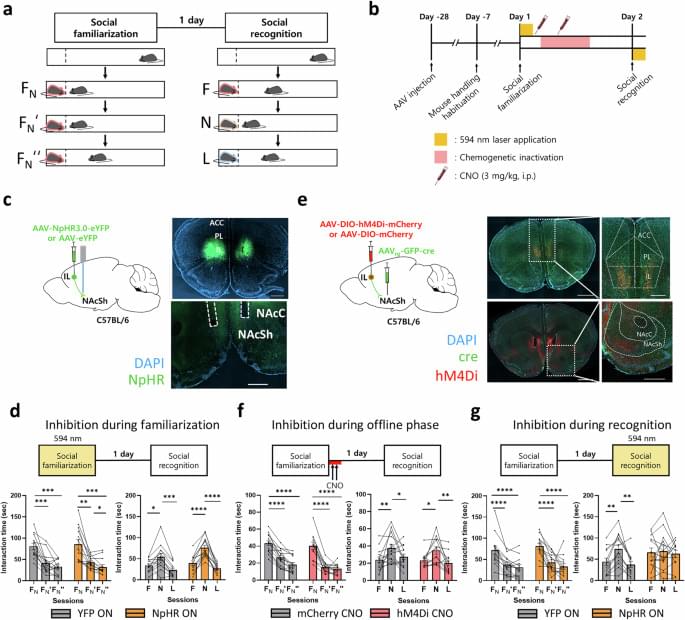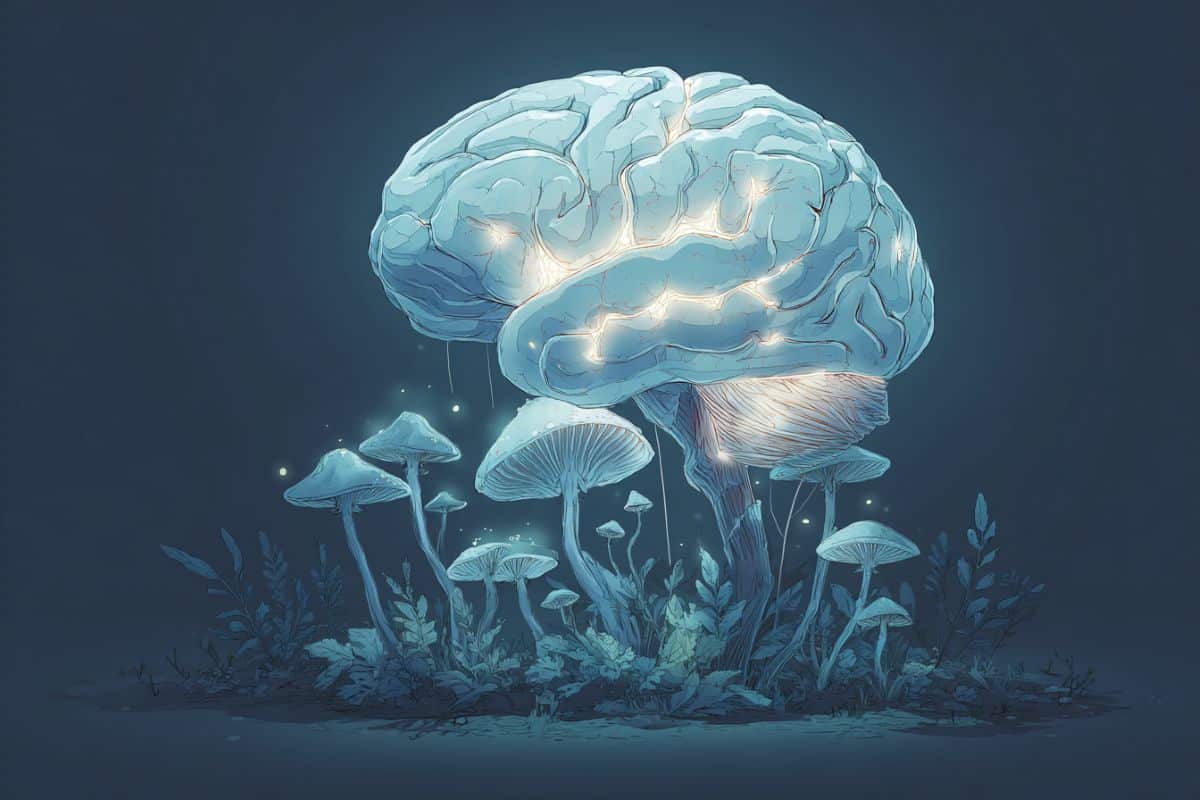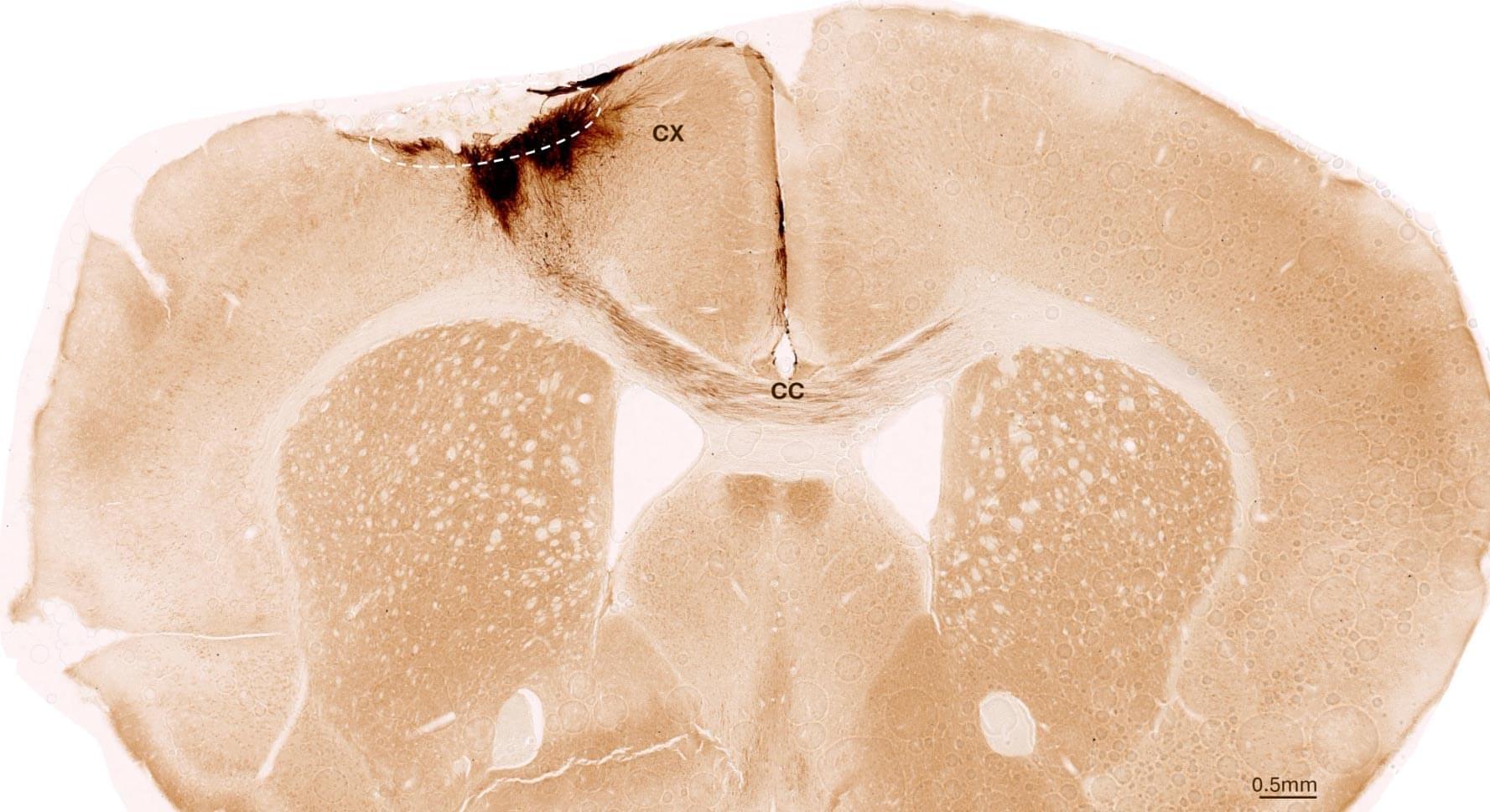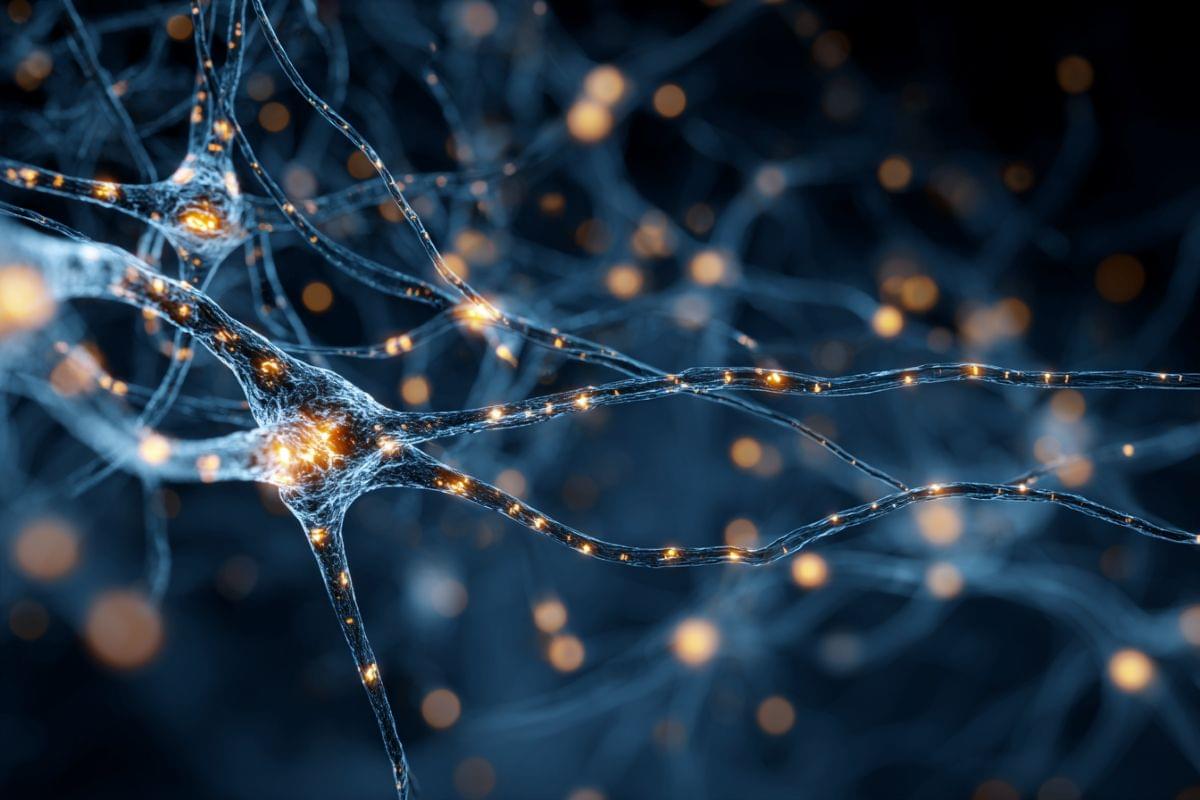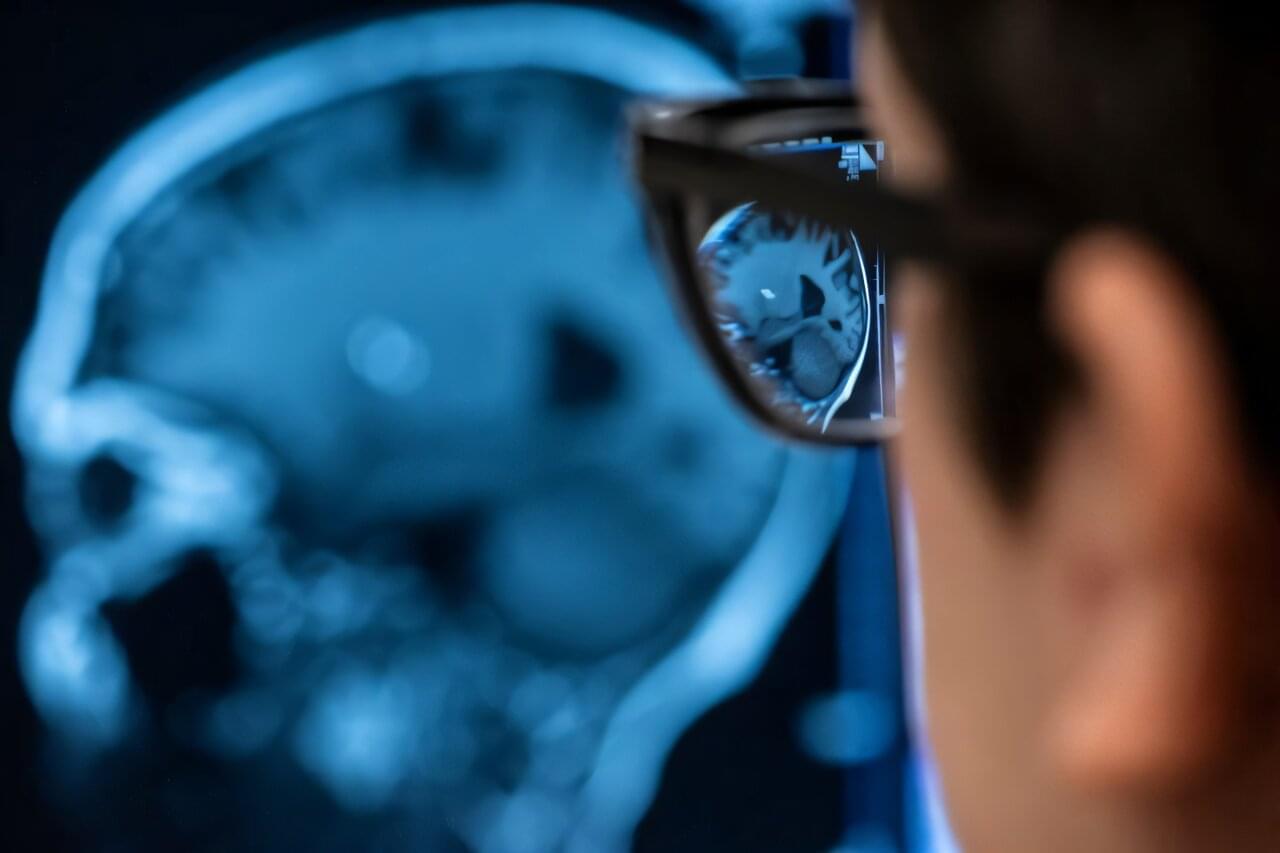Bioengineers at the University of California San Diego have developed a powerful new technology that can map the entire network of RNA-protein interactions inside human cells—an achievement that could offer new strategies for treating diseases ranging from cancer to Alzheimer’s.
RNA-protein interactions regulate many essential processes in cells, from turning genes on and off to responding to stress. But until now, scientists could only capture small subsets of these interactions, leaving much of the cellular “conversation” hidden.
“This technology is like a wiring map of the cell’s conversations,” said Sheng Zhong, professor in the Shu Chien-Gene Lay Department of Bioengineering at the UC San Diego Jacobs School of Engineering, who led the study published in Nature Biotechnology.
